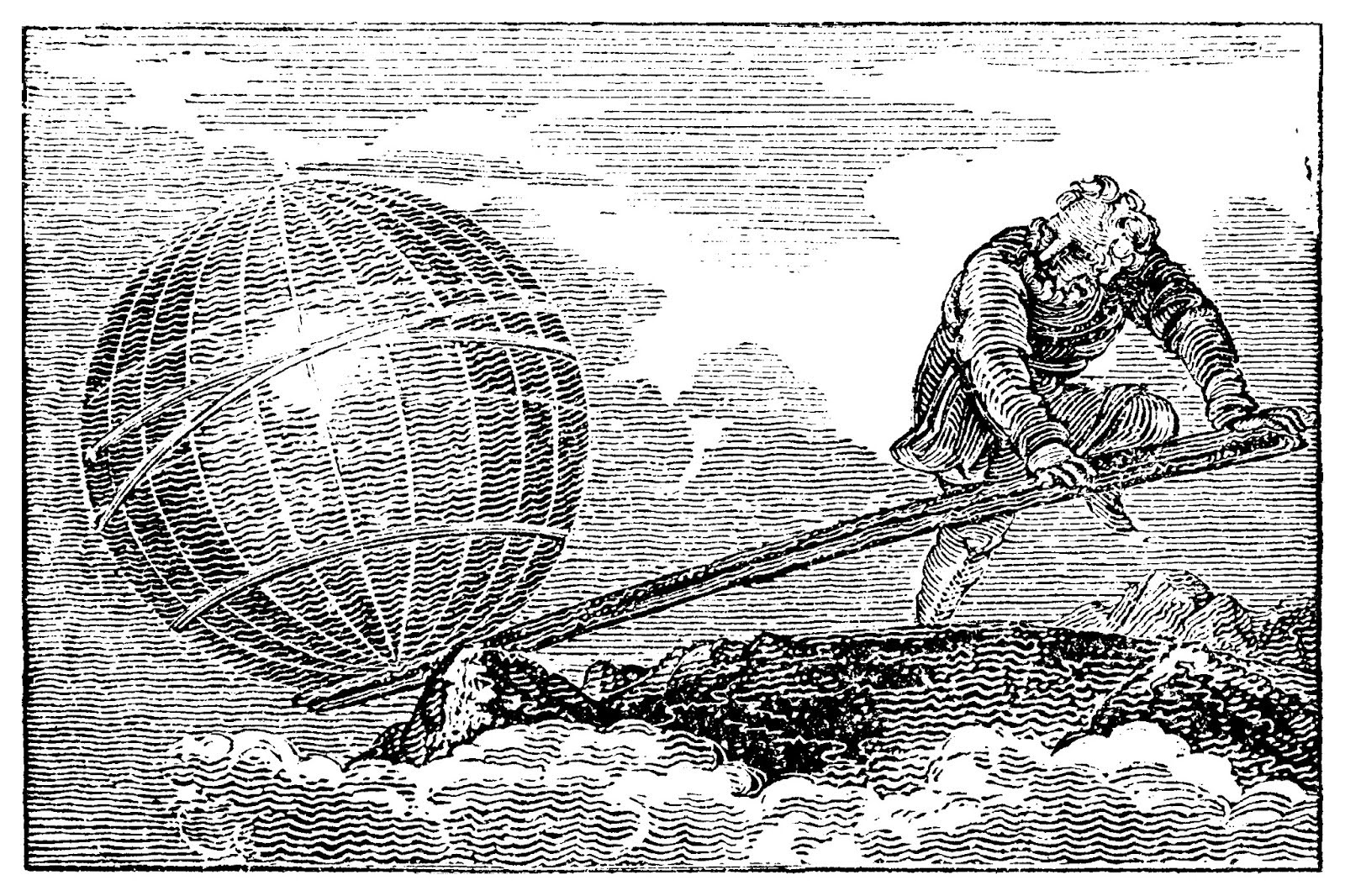
Stone Mountain is a geological wonder that carries a social significance as profound as its granite heart.
Untold numbers of American soldiers have trained at bases named for treasonous leaders. A legion of Nathan Bedford Forrests gaze across the South from squares, courthouses and public parks, perhaps puzzled by the recent stirrings and troubled by the rumble of heavy machinery. Discussions on re-naming buildings and removing commemorative statues that celebrate heroes of the Confederacy achieved new momentum as America re-inspected its past in light of its present, for a moment at least. The stirrings introduced great unease in many citizens, whatever their physical distance to the South. Still, a logical elegance about re-evaluating our symbols, their connection to identity, and the poison they present to our democracy should be able to guide us toward better role models and more equitable public allegory.
But the options for what to do about the massive carving into the eastern face of Stone Mountain celebrating that past sparks a different kind of negotiation. The question elicits a category error, a kind of nostalgia for a monument that would better serve us as the marker for a tomb, the final resting place for a reign of terror.
The vast crimes we perpetrated on our own people still loom large today – unequal schools, segregated neighborhoods, glass ceilings as far as the eye can see. While calls for diversity harkened the great benefits of inclusion, the remnants of Jim Crow and abandoned commitments to Reconstruction still haunt our communities. The many millions living under the duress of poverty somehow continue to threaten those struggling within their well-tended fear of others. We cling to prejudices – and violence – and succeed in continuing to avoid reckoning with the facts. Violence privileges as much as it destroys.
Impossible to relocate to a museum with other relics, we could blast Lee, Jackson, Davis and their mounts off their perch, replacing them with and/or even adding more worthy images to the composition. But we should not – and hardly only because of the anachronism it would create by adding a kitsch element to what has such a serious and devastating effects we also misunderstand.
The carving at Stone Mountain should remain permanently ensconced as exactly what it is: a dark guarantee of second-class citizenship for the vast majority of the descendants of Black slaves, 12 generations at Emancipation. That it could succeed only in anchoring the entire country to the fulfillment of false prophets from time immemorial is its own testament.
Irreverence might call this an opportunity, one instance where we might not politely look away, as the tune went, from who we are and how we arrived here. The monument represents a fraught reality in a difficult time that stretches across an open wound. A monument to a defiantly un-Reconstructed South, the three horsemen have ridden roughshod into our moment as a deliberate expression of what brought us exactly to here: a genteel façade that required decades of brutal viciousness to maintain. Overwhelming wealth mixed ever so precisely with extraordinary poverty presents as just one result of a systematic effort to elevate some and exclude others. But the power of the “Lost Cause” mythology that clouded the real outcome of the peace has kept the American Civil War alive in the imaginations of too many. Manifested through police violence, white supremacist ideology does a lot more than echo today.
When plans were initially finalized for a commemorative sculpture at Stone Mountain, there was no coincidence about the timing. In 1915, the KKK announced its modern rebirth by burning a cross on the mountaintop. Admittedly, it was not even an original gesture but one borrowed from the film, “Birth of a Nation.” Myth melting into reality was and remains one of the constant themes of celebrating the “Lost Cause.” And yet the implications of these social expressions remain as tangible as Stone Mountain itself.
After financial problems caused stops and starts on a Stone Mountain monument, an unfinished version sat untouched until the 1960’s. The project was reprised under state sanction when segregationist governor Marvin Griffin had Georgia purchase the mountain and fundraising began in earnest.
Why complete the monument then? Was the state government trying to make something clear? Is it possible to attend a laser light show at Stone Mountain Park and understand what it was? Deliberate and extensive efforts backed by unmistakable intentions on the part of the state and local governments sought to maintain segregation despite Supreme Court decisions about schools, despite federal laws and programs. It is folly to try and think of any other reason why the monument was completed then or why it should be destroyed now. The white majority decided and made itself clear with a statement visible for miles and in fact years, writ across inadequate housing projects and failing schools from the coast across the Piedmont.
White segregationists used the mountain to signal that they would turn the terror of white supremacist violence into a kitchen sink of socially acceptable but no less violent restrictions, from real estate redlining to voting barriers to gerrymandered districts, to assure the continued dominance of the white supremacist state.
The gargantuan efforts required to skirt the spirit of new laws, to soften your language but not your heart, merited a gargantuan symbol. And we can see the symbol and fruits of those efforts through today, from every vantage point. People mired in poverty in the wealthiest nation on Earth; Georgia itself with the highest rates of felony convictions in the nation; voters still responding to dog whistles and scare tactics that hurt people, devastating families and local economies, attacking the very notion of a national commonwealth.
Let the carving stay and let it remind us that we still have work to do, that there will always be work to do while we have to convince ourselves that there is no they.
Stone Mountain should remain a permanent marker to who we are, to the deliberate cruelty and injustice that has so marred our society until the descendants of white supremacists rise up and plead for its removal. And then we should still say no. We need something to remind us: never again.






